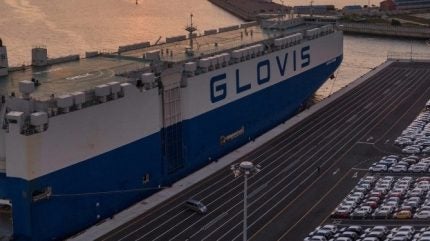
The South Korean auto industry has called on the national government to introduce measures to offset the effects of the planned import duty hike on automotive products imported into the US.
The US government, led by newly-elected President Donald Trump, announced this week that it will impose a 25% import duty on all vehicle and automotive components imported into the US starting on 2nd April, setting off alarm bells in Asia’s main automotive exporting countries.
South Korea exported around US$71bn worth of vehicles last year, with shipments to the US accounting for almost half this total – or just under US$35bn. The country also exported US$22.6bn worth of automotive components, of which US$8.2bn was shipped to the US.
Data released by the US Department of Commerce shows that the country imported 1.54 million vehicles from South Korea in 2024, or 17% of the country’s 8.02 million total vehicle imports, behind only Mexico and Japan and ahead of Canada and Germany. Hyundai Motor Group reported it shipped 1.15 million units to the US last year, including models made by Hyundai Motor and Kia Corporation, with General Motors’ local subsidiary GM Korea accounting for most of the remainder.
At meetings held this week with First Vice Industry Minister Park Sung-taek, automotive industry executives urged the government to introduce measures to support the country’s automotive component industry in particular, which is expected to be hit particularly hard by the US tariff hikes. Park Sung-taek confirmed the Ministry will introduce “emergency measures” next month in response to the US auto tariffs hikes.
There is also growing concern that General Motors may pull out of the country altogether as a result of the announced US tariff hikes. GM Korea sold 500,000 vehicles globally last year, with around 85% of output – or some 425,000 units – shipped to the US.

US Tariffs are shifting - will you react or anticipate?
Don’t let policy changes catch you off guard. Stay proactive with real-time data and expert analysis.
By GlobalDataGM Korea’s Chief Financial Officer, Paul Jacobson, is reported to have said the company may have to consider relocating its South Korean operations to the US if the tariffs become permanent.




